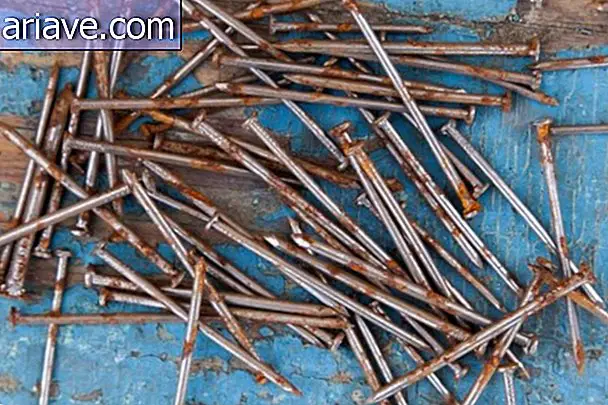What do you know about fart?
Have you ever wondered why some puns smell worse than others? Or is it really possible to produce energy - and even explosions - with your gases? Or why some are discreet, while others are scandalous and ... reverberating? People from the strange world decided to go deep into this story and clarify everything we ever wanted to know about fart and never had the courage to ask.
How is fart produced?

Flatus is produced from a variety of environmental gases that we swallow during the day while talking or eating. Although some is absorbed by our body, some of these gases eventually pass through the digestive tract and into the intestines. The problem is that it is in the gut that foods that are not completely digested in the stomach will stop, and that's when it starts to smell bad.
In our gut there is a set of bacteria - the famous gut flora - responsible for helping to break down food, causing it to ferment. And it is during this process that smelly gases are produced that accumulate until they are finally expelled because of the pressure.
Which foods cause the most gas?

According to the publication, the foods that usually produce the most gases are those rich in carbohydrates that are not completely broken down in the stomach. Among them, the most notable are tubers such as yam and sweet potato, some cereals such as beans and chickpeas, dairy products such as milk and cheese, and certain vegetables such as cabbage. and the cauliflower. Other famous foods are eggs, corn and onions.
And the burp?

In fact, the eructations are not punctures that came out of the mouth, as flatus is produced in the gut, while belching is the gas that reached the stomach but did not travel. Thus, gases that are swallowed during the meal and that are not absorbed by the body or go to the intestines are expelled through the mouth.
Why are some noisy and some not?

The issue of noise depends on a number of factors and, to better understand this issue, it is important to know our anatomy a little better. The fart is expelled from the anus, and what helps us control the gases are the sphincters, that is, two kinds of valves - one internal and one external - that contract or relax allowing their passage.
However, we can only control it voluntarily - and this depending on the situation! - the functioning of the external sphincter, and depending on the amount of gas accumulated at the end of the bowel and the pressure exerted on this region, the expulsion rate will be higher or lower. And the faster the gases escape, the greater will be their vibration caused by the passage of the flatus through the membranes of the anus and the scandal!
And if you hold on, what happens?

It's not always possible to fart when we feel like it, and we have to hold on to the gases until we can get rid of them. When we hold the flatus, it returns to the intestine, staying there, accumulated, until it is released. While holding the fart does not risk you exploding or the like, trapping the gas can cause abdominal pain and distension, as well as that uncomfortable symphony inside the belly.
Who farts more, ladies or gentlemen?

Normally, we produce between 1 and 1.5 liters of gases a day, which are released in 15 or 20 puns daily. Everyone lets out gases - including some people after they die - and although we think boys let out farts more than girls, the truth is that everyone lets out the same, although women are more discreet than men when it comes. to release your flatus.
Can you produce energy with a fart?

The flatus produced in the gut, besides being rich in sulfur gas and sulfur, contain about 10% of methane in its composition. Thus, if one day someone invented a sort of puns reservoir, capable of collecting and storing the gases as they are released, in theory it would be possible to produce energy with the farts.
Is it possible to make a gas pump?

As explained above, puns contain methane in its composition, which is a flammable gas. Therefore, in the presence of fire it may ignite and, if the flamethrower is not careful, the explosive fart can cause painful burns.











